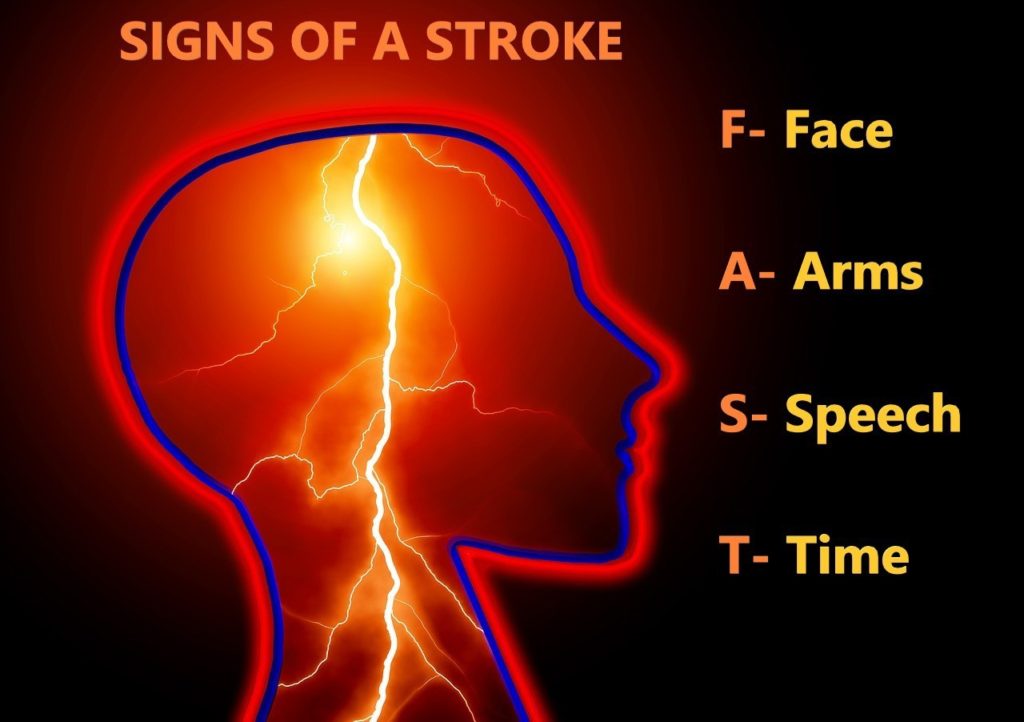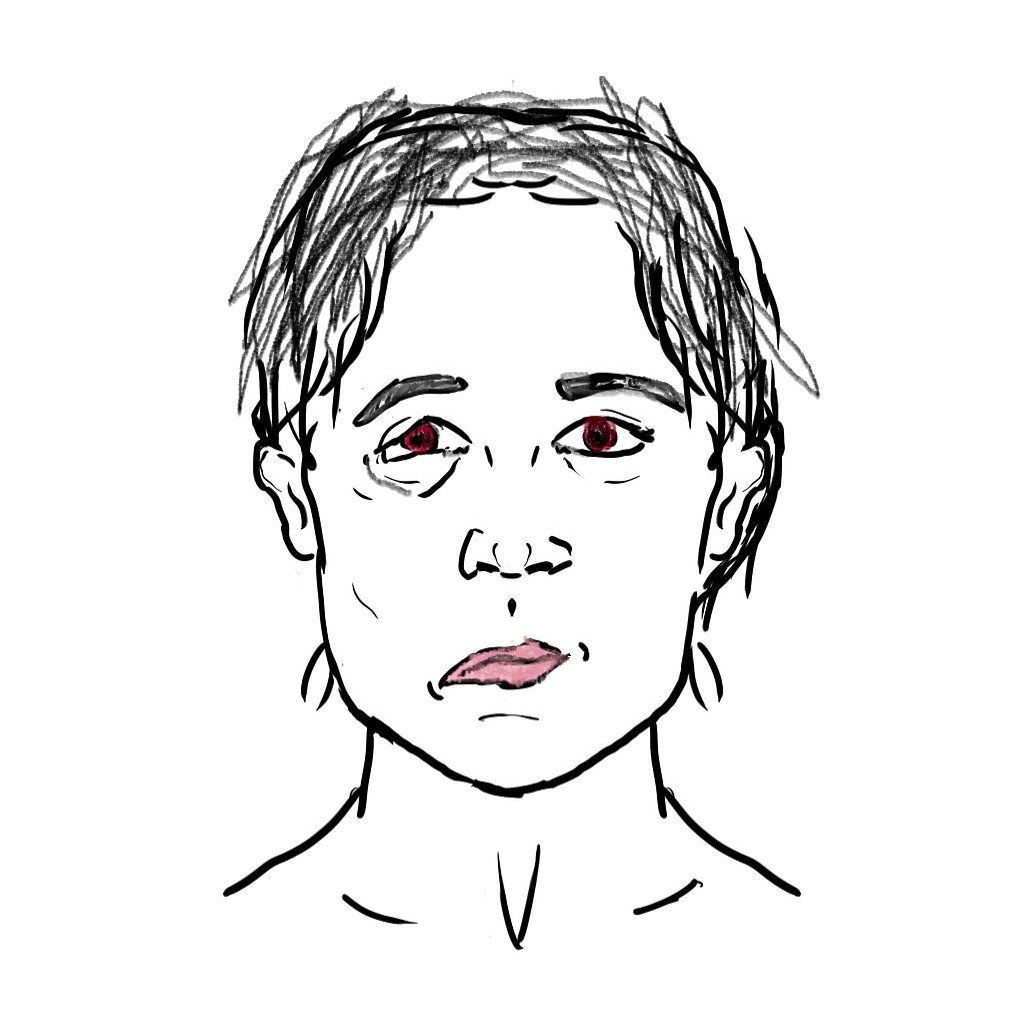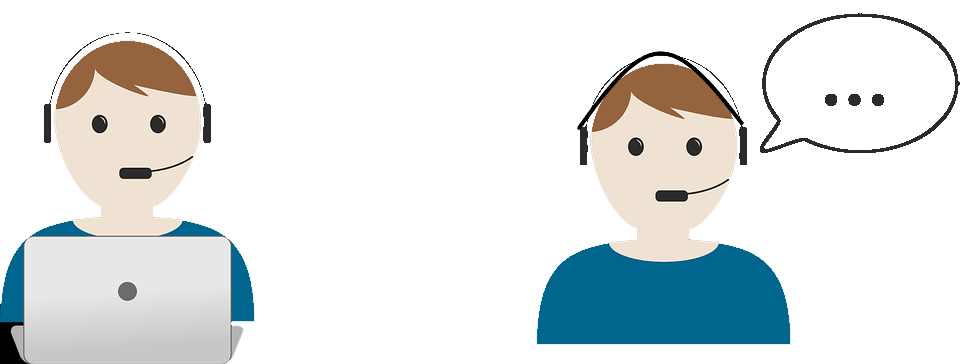TYPES OF STROKE
SIGNS AND SYMPTOMS OF STROKE
CAUSE OF STROKE
TYPES OF SPEECH AND LANGUAGE DISORDERS ASSOCIATED POST STROKE
THERAPY POST STROKE
STROKE THERAPY
Recent studies have shown that in India, the incidence of stroke has increased by 100 percent in the past few decades and is also the leading cause of death in north eastern states of India. A stroke occurs when the brain is deprived of its blood supply due to a blockage or rupture of blood vessels. There are 3 types of strokes
ISCHEMIC STROKE:
This type of stroke is caused by a blockage or narrowing of the blood vessels supplying blood to the brain. These blockages are mainly caused by fatty deposits and require immediate treatment. In the picture below the left image represents an ischemic stroke.
HEMORRHAGIC STROKE:
This type of stroke occurs when the blood vessels supplying the brain rupture causing leakage that spills into the surrounding brain tissue. The right image in the picture above depicts this type of stroke.
TRANSIENT ISCHEMIC ATTACK (TIA):
This is a silent form of stroke caused when the brain is temporarily deprived of blood supply by any factor. The stroke and its effects lasts temporarily.







